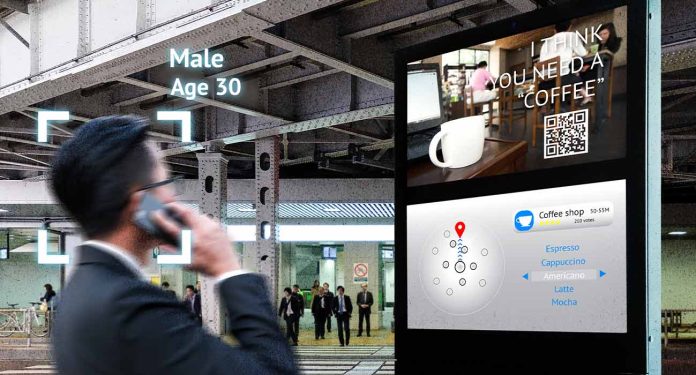Agentic AI could shift ads from unwanted interruptions to valuable, on-demand services—reshaping how brands connect with consumers.
The current conversation around agentic AI in advertising is missing the point.
Yes, it will reshape bidding strategies and improve our targeting. However, the most meaningful change is something few are talking about: Agentic AI won’t just change the delivery system; it will rewrite the advertising experience altogether.
Agentic AI will fundamentally change consumers’ expectations and tolerance levels for brand interactions and the ad industry’s balance of power regarding data. We’re standing on the precipice of a new standard for our industry—where ads are no longer delivering messages but services to be rendered.
Flying Cars, Not Faster Horses
With agentic AI, the ad industry can’t settle for iterative improvement. We can’t give people faster horses when they’re demanding flying cars. If we focus on agentic AI to enhance targeting, bidding, and optimization, the industry will have completely missed the boat.
With agentic AI, consumers will become accustomed to getting answers, not just being linked to information. An interruption to this flow simply won’t be tolerated by consumers, which will require the ad industry to rethink what it means to advertise entirely.
What will that look like in practice? First, ads must become capable of interaction—responding to questions, providing recommendations, and adapting messages based on user input. Second, they must show up at the right moment and in the right form; contextual alignment will be essential. Third, ads must know when not to show up; advertisers won’t be able to blast impressions everywhere and take a victory lap when they achieve a tenth of a percent engagement rate.
This isn’t about inserting ads into AI-generated answers. (That’s called spam.) It’s about creating conditions for users to engage with brand agents willingly and on their terms—like getting a helpful recommendation from a trusted source, not being handed a flyer. The future of ad infrastructure must be built around permission-based entry, context-driven prompts, and clear value in every interaction.
Shift Away from Interruption
There’s another major piece to this: data. As consumers lean into AI-driven assistants, these agents will become the most powerful data and consumer intelligence sources the world has ever seen. Brands’ first-party data sets—even those of leading retailers with significant transactional insights—will pale in comparison. This power shift will have profound implications for the future digital ad economy. But it will also free brands from their obsessive pursuits of first-party data at all costs and allow them to spend more time figuring out how to become truly helpful to people.
AI has already upended search and altered the course of the open web. People have stopped searching and started asking. They don’t want to click, decipher, and distill. They want a clear, clean answer, and they want it now.
In this new environment, brands can’t just shout for attention. They need to behave like guides. If I’m in-market for a car, I don’t want an offer interrupting my experience. I want help making a decision. What should I know? What should I compare? What’s available near me? A brand experience powered by agentic AI can do that. It stops being an ad and starts being a recommendation engine. It’s not a pop-up. It’s a conversation.
There’s a flip side: If the brand’s agent isn’t helpful, it won’t survive. AI agents are built on trust. Users will shut them down when they break that trust by pushing something irrelevant or aggressive.
The Industry Must Think Bigger
A lot of what’s being said about agentic AI today feels like old ideas in new packaging: better targeting, smarter bidding, and dynamic optimization. That’s fine. But if that’s the ceiling of our imagination, advertising is doomed. AI will change consumer expectations and how they interact with content, and the advertising experience will have to evolve accordingly.
The future of advertising is not optimization. It’s ads as a service. Agentic AI won’t just change how we reach people. It will change why they bother to listen. And the brands that win will be the ones who show up when needed, speak clearly, and offer something valuable—no tap, no scroll, no ask required.










